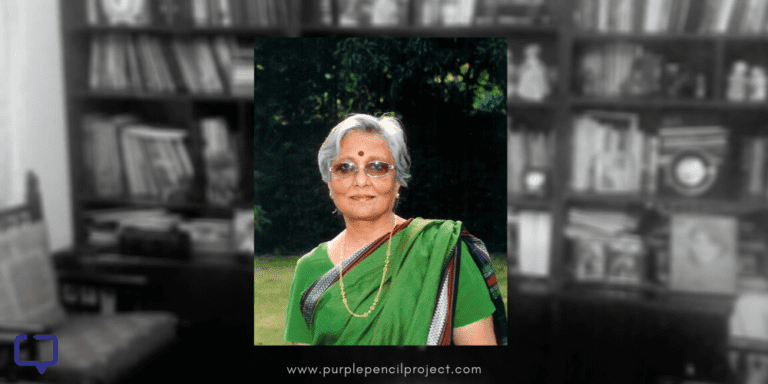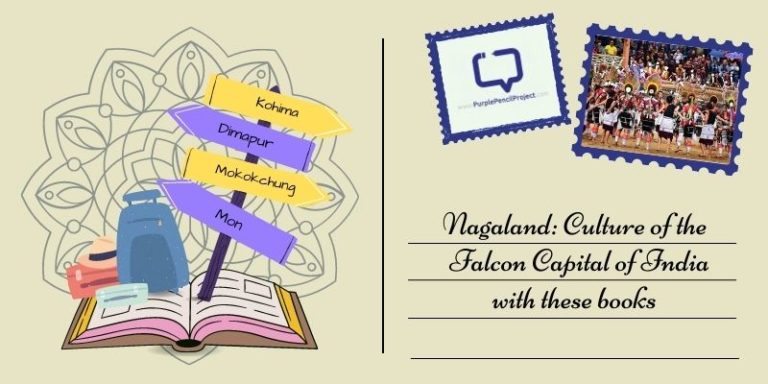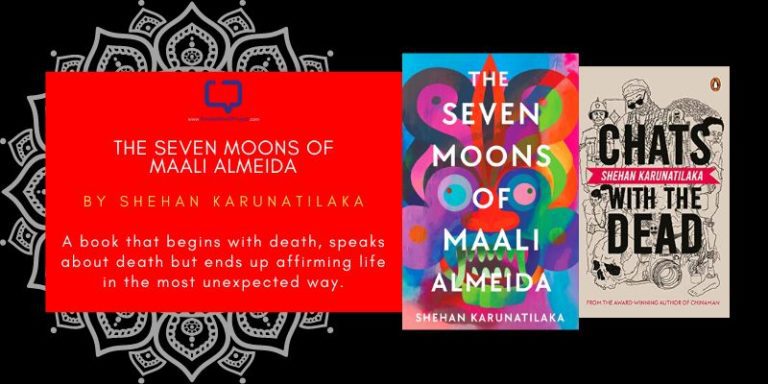Kaustav Das reviews Shabnam by Syed Mujtaba Ali, translated from Bengali by Nazes Afroz (published by Speaking Tiger, 2024).
Who can tell the beginning and the end of this world?
– Shabnam by Syed Mujtaba Ali, translated by Nazes Afroz
Ancient is this book; just the first and last pages are ruined.
October brings in the smell and sighting of Shiuli (Night Jasmine/Parijat) with it in India. It also brings in a sense of separation and coldness with the dewdrops on the earthly objects. In a faraway land of Afghanistan, back at the end of the 1920s, when the country was going through anarchy, Majnun, a teacher from Bengal, sighted his Shiuli—his Shabnam—the love at first sight.
The opening lines go: “Badshah Amanullah was surely off his rocker. OR else why would he hold a ball-dance in an ultraconservative country like Afghanistan?”
Recommended Reading: 30 Book Adaptations from Indian Regional Literature
Book 1: Discovery
In the heart of religious orthodox Kabul, Shabnam, with her poems, came into the deserted Majnun’s life like the fresh dewdrops of a winter’s evening. How on earth would he let go of the infatuation of the heart that forces him to learn Farsi for her?
Book 1 ends with a separation that is optimistic and full of life. Poetry and dohas, through their conversations, reverberate in the world—the world that is meant only for them. The newly blossoming Shiuli metaphorically pleased the initial happiness and attraction for Majnun.
‘Don’t get used to my separation…I only want that.’
– Shabnam by Syed Mujtaba Ali, translated by Nazes Afroz
Recommended Reading: Arunava Sinha: “Every untranslated book is a gap that needs to be filled”
Book 2: Attachment
The two souls reunited when the possibility seemed to be fading away. Reuniting after the separation brings in more affection and closeness. They got married in solitude, incarnated as Arundhati and Vashishtha. In a turbulent land and period, the idea of meeting with the other half while dreaming of a great future and an impending dream together heightens the imagination. For the security of Shabnam, her father, Sardar Aurangzeb Khan, proposed their formal marriage without knowing they were already knotted for life together.
The first night of the wedding brings poetry and the poetic world with it; it sings the “four-thousand-year-old song of honeymoon—ancient.”
Book 2 ends with a happy tone where the two hearts beat in unison in a world where they are in each other’s arms with the music and poetry flowing in the background. As the tree of life blossomed completely, their love and affection got deeper.
There is no place for ballads of separation that night.
– Shabnam by Syed Mujtaba Ali, translated by Nazes Afroz
Book 3: Separation
Shiuli stays for fifteen days and Himalikas for a few months; how long would Majnu’s Laila and Majnun’s Shabnam stay? – “Be at home. I shall return.”
Book 3 announces an unforeseen separation, and the mystery surrounding Shabnam’s disappearance intensifies. His search for Shabnam leads him to search for his inner self, the philosophical discourse, and the meditations of the heart. After Shabnam left, the poetry and the words in Majnun left him as well, creating a great void inside him. He dreams of reuniting with his Shabnam, travelling to faraway lands for his other half. The hallucinations paid their shadowy visit, which brings the phase of enlightenment—Shabnam remains in the rooh—the soul.

“Dil me heer liye, aur heer khoje veerane mein!” – Tamasha (2015)
(Searching for diamonds in the middle of nowhere when you have them in your heart; cure is within in the heart.)
Book 3 ends with an imminent hope, with a reminiscent of Shabnam, transient the brief phase of Shiuli, Shabnam, Himalika, or Parijat—come and go in the blink of an eye.
There is Shabnam, there is Shabnam, there is Shabnam.
– Shabnam by Syed Mujtaba Ali, translated by Nazes Afroz
[…] Would Shabnam not come back like that one day?
Did she not tell me before leaving, ‘Be at home, I’ll return.’
A Journey Through Kabul: Fiction or Autobiography?
Syed Mujtaba Ali, for a brief period, lived in the turbulent time in Kabul. In the translator’s note, Nazees Afroz mentions that it is speculated that this poetic-prosaic novel can be partly fictional and partly autobiographical. As a Bengali myself, who has read Ali’s few other works like Deshe Bideshe and Mayurkanthi, it was certainly a tough job for the translator to convert the tough Bengali narrative of Ali into English, and Nazees Afroz shows his literary brilliance in transcribing, translating, and giving life to it through English.
It was an intriguing chapter of Afghanistan. One can find details of it in history books. One Bengali writer wrote about the time too.
– Shabnam by Syed Mujtaba Ali, translated by Nazes Afroz
Recommended Reading: Mosquito and Other Stories by Premendra Mitra
Cultural Syncretism in Shabnam
Shabnam is lyrical; it is rich with imagery and similes, which heighten the essence. The visual descriptions are worth savouring; Ali’s prowess as a travelogue writer makes you travel and experience the cold and snowy winters of Afghanistan to the motherly, warm affection of East Bengal. Liberal ideas are present in Ali’s work; in the face of religious fanaticism and orthodoxy, he broke the barriers with cultural and religious inclusions. He amalgamates Hindu scripture and epics, folktales, Bengali songs, and poems with the other religions. The story of Laila and Majnu finds its place, as do Radha and Krishna, alongside the other romance separations’ evergreen tales.
Favourite Quote from Shabnam by Syed Mujtaba Ali
“The beginning and the end of the creation
– Shabnam by Syed Mujtaba Ali, translated by Nazes Afroz
Who knows pray tell?
Ancient is the book, the start and the final
Pages are in crumble?”
Conclusion
Syed Mujtaba Ali mightn’t have written multiple books unlike his contemporaries, among them Shabnam, which holds a special place in the hearts of Bengali readers. A book that is critically acclaimed and disregarded to this date, showing the vulnerability of human beings where Majnun doesn’t know whether he will live for eternity to get his Shabnam back.
Have you read this timeless tale of love, separation, and self-discovery? We’d love to know your thoughts! Comment below and let us know.























